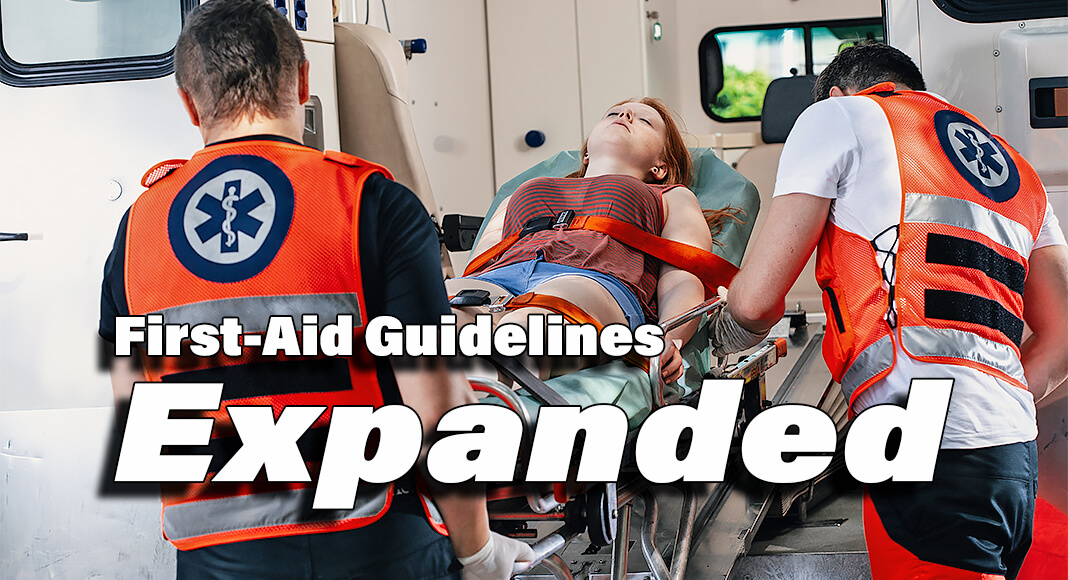
Mega Doctor News
By American Heart Association News
First-aid guidelines for bystanders and emergency responders have long focused on issues like chest pain, bleeding and recognizing a stroke. Now, they have been updated and expanded to include recommendations for managing opioid overdoses, open chest wounds and other emergencies.
The revised guidelines, developed by the American Heart Association and the American Red Cross, were published Thursday in the journal Circulation. It is the first comprehensive update since 2010.
“These updates reflect the changing landscape of public health challenges and aim to equip trained professionals and the public with lifesaving skills that are more critical than ever,” writing group co-chair Dr. Elizabeth Hewett Brumberg said in a news release. She is an assistant professor of pediatrics at the University of Pittsburgh School of Medicine.
“Providing first-aid care is about recognizing that an emergency has occurred – that someone is ill or injured – and assessing them and then prioritizing their needs,” she said. “First-aid training is essential to apply the appropriate knowledge and skills for saving lives and reducing harm.”
The evidence-based updates reaffirm strategies for emergency responders that have become common practice in recent years and provide more specificity for basic first-aid topics. They also provide instruction for bystanders on how to recognize when someone needs professional help, along with when to use available tools and medications effectively.
The biggest changes are in the scope of what’s included among emergency care conditions. The new guidelines move beyond basic first aid to provide detailed guidance on scenarios such as opioid overdoses and tick bites, and when someone feels faint. They also cover situations involving open chest wounds, external bleeding, spinal motion restrictions, seizures, heatstroke and hypothermia, frostbite, chest pain and stroke.
When providing emergency care, bystanders should act within their abilities and show respect for the person they are helping, writing group co-chair Dr. Matthew J. Douma said in the news release. Douma is a professor of critical care medicine at the University of Alberta in Canada.
Douma encourages enrollment in a first aid class to learn how to provide emergency care. “We know first aid saves lives, so training, maintaining these skills and having a first aid kit on hand are essential,” he said.









